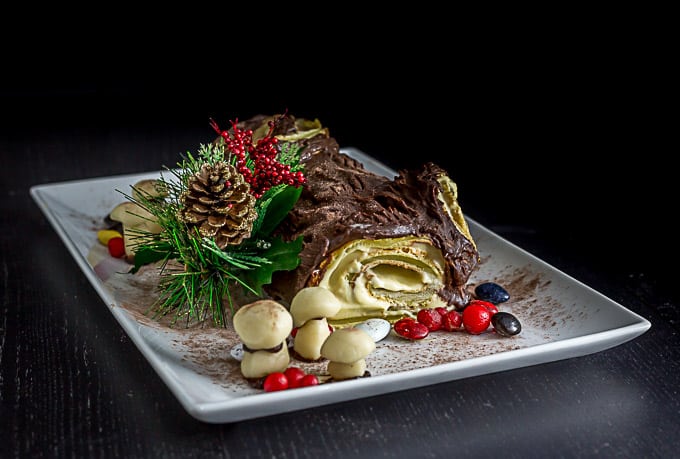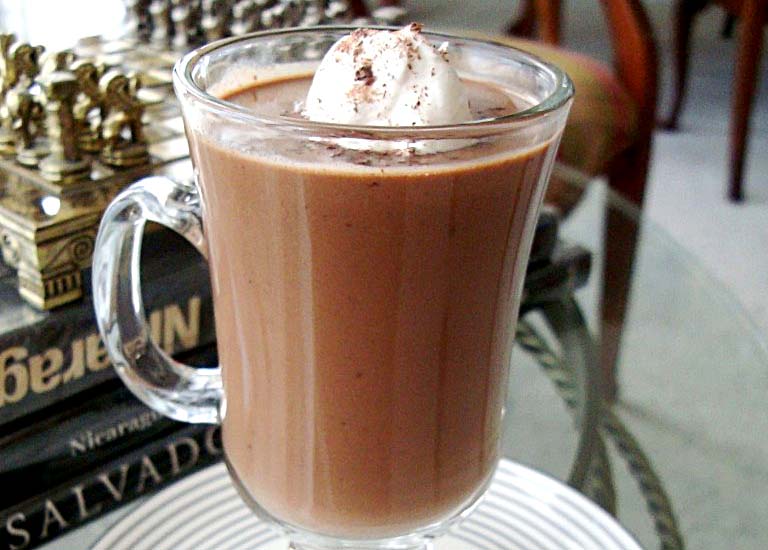The holiday season is a delightful showcase of culinary traditions that bind communities and families, highlighting a diverse array of symbolic dishes that reflect the unique cultural heritage of each region. This journey through global holiday cuisine reveals how every dish, whether sweet or savoury, carries a rich backstory and cultural significance.
- Blogs
- Food-and-drink
- Top-unique-holiday-foods-worldwide-657c16c014e5bf000128e1e9
Top Unique Holiday Foods Worldwide
Food & Drink • 15 Dec, 2023 • 2,34,946 Views • ⭐ 4.6
Written by Shivani Chourasia

France's Symbolic Dessert: Bûche de Noël

Bûche de Noël, or the Yule log, is a quintessential French Christmas dessert, embodying centuries-old traditions. Made typically with heavy cream, cocoa, eggs, sugar, and vanilla, this log-shaped cake is a culinary representation of the ancient practice of burning a Yule log during Christmas. Decorated with icing sugar and fruit to resemble a log covered in snow, it's a festive symbol of warmth, prosperity, and the continuation of life during the cold winter months. Enjoyed from Christmas Eve through New Year's Day, it's a testament to France's rich culinary and cultural heritage.
Russia's Winter Delight: Shuba

In Russia, where Christmas is observed on January 7th according to the Orthodox Julian calendar, Shuba, colloquially known as “herring under a fur coat,” is a beloved holiday dish. This layered salad, consisting of pickled herring, hard-boiled eggs, mayonnaise, and a medley of grated vegetables such as carrots, beets, potatoes, and onions, is a metaphor for warmth and endurance during Russia's harsh winters. The top layer, resembling a fur coat, symbolizes the need for protection and warmth. Rich in protein and vitamins, Shuba is not only a culinary tradition but also a symbol of resilience and nourishment.
Ethiopia's Festive Feast: Yebeg wot

Ethiopia's holiday table is graced by yebeg wot, a sumptuous lamb stew, which mirrors the country's tradition of communal eating and celebration. Similar to the national dish, doro wat, yebeg wot is prepared with specially fattened lamb, a variety of spices including berbere, and ingredients like onions, tomatoes, and garlic. It's typically served with injera, a spongy flatbread, symbolizing unity and sharing during the festive season. This rich and hearty stew, laden with nutrients, not only satiates the palate but also reflects Ethiopia's rich culinary traditions and the spirit of togetherness.
Peru's Festive Beverage: Spiced Hot Chocolate

In Peru, spiced hot chocolate takes centre stage during holiday gatherings. This unique beverage, a blend of chocolate, condensed or evaporated milk, and an assortment of spices like cinnamon, chilli powder, cloves, and nutmeg, epitomizes the festive spirit. It plays a pivotal role in la Chocolatadas, a social gathering where this aromatic drink is served with panetón, a type of sweet bread. This tradition is a symbol of communal joy and warmth, bringing people together to share in the delight of a drink that combines the richness of chocolate with the zest of spices.